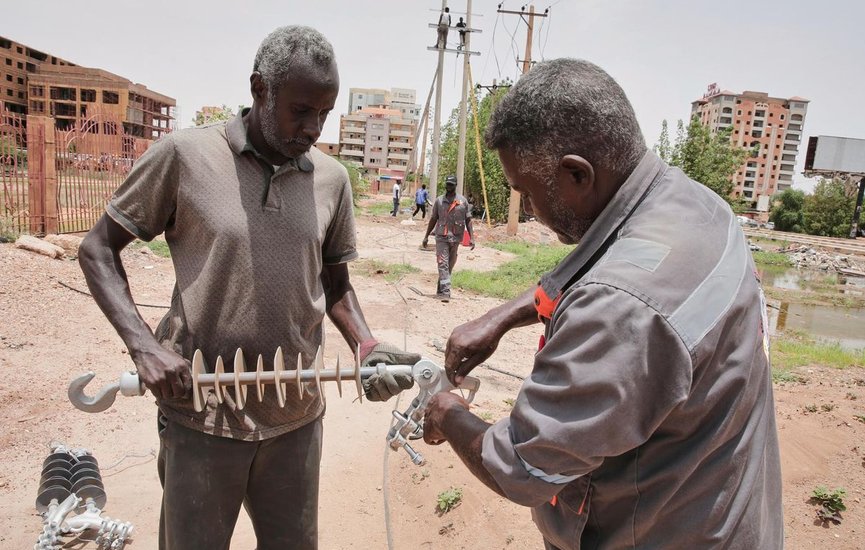In the heart of Sudan, Khartoum once stood as a city of vibrant culture, bustling trade, and the lifeline of the Nile. Today, it bears scars of one of the most devastating conflicts Africa has seen in recent years. As the war between the Sudanese Armed Forces and the Rapid Support Forces stretches into its third year, thousands of displaced residents have begun returning to their beloved capital, only to find their homes turned to ashes and their neighborhoods reduced to ruins.
The return is both heartbreaking and defiant. Families walk into empty shells of what used to be homes, furniture looted, treasured photos gone, walls crumbling, and entire streets unrecognizable. For many, the physical destruction is only a reflection of the emotional pain endured: months of displacement, hunger, uncertainty, and survival in foreign camps or crowded shelters. Yet, their decision to return speaks to a resilience that has long defined the Sudanese spirit.
But the challenges are immense. Infrastructure is crippled, electricity is sporadic, clean water is scarce, hospitals are broken, and schools remain shut. With the economy collapsed, those returning must start from nothing, relying on solar panels for power, wells for water, and makeshift food kitchens run by volunteers. Neighbors now act as lifelines, sharing whatever little they have, proving once again that in Africa, community is the first form of survival.
The humanitarian situation remains dire. Millions are still displaced across Sudan and beyond its borders in Chad, South Sudan, and Egypt. Humanitarian agencies struggle to reach those in need due to ongoing insecurity, blocked aid routes, and shortages of resources. Disease and hunger stalk the vulnerable, particularly women and children who remain the hardest hit. The road to recovery will demand more than courage; it will require solidarity, coordination, and the return of peace.
Khartoum’s returnees symbolize more than survival. They represent a people’s refusal to be erased. Their courage reminds Africa of the urgency of standing together. Sudan’s wounds are not Sudan’s alone; they echo across a continent that has known the cost of war yet continues to carry the promise of healing.
This return to Khartoum is not just about rebuilding walls; it is about reclaiming dignity, rewriting destiny, and proving that no war, however brutal, can extinguish the spirit of a people. And in that spirit lies the essence of Africa undaunted, unbroken, and forever in love with life.
Because when one African finds the strength to return home, all of Africa rediscovers its hope.
